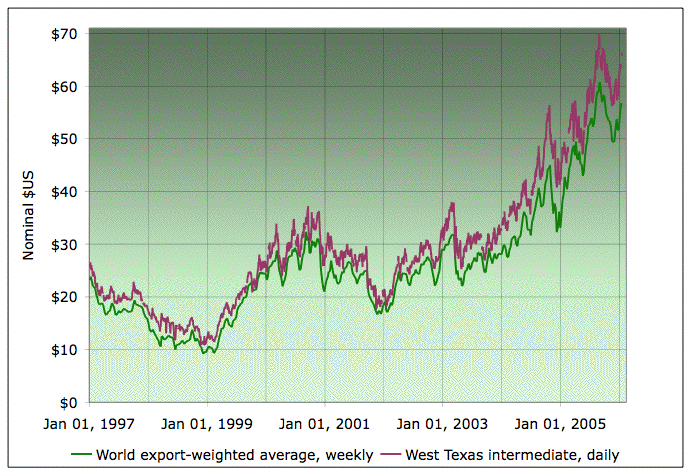 Another report on the Columbia accident was released yesterday. This one was authored and researched by astronauts, some of them close friends of fellow astronauts who died on Columbia.
Another report on the Columbia accident was released yesterday. This one was authored and researched by astronauts, some of them close friends of fellow astronauts who died on Columbia.What struck me of the report are the echos of Challenger. It's painful. From a New York Times article about the report:
The impact of the foam was obvious in videos taken at launching, and during the Columbia’s 16-day mission, NASA engineers pleaded with mission managers to examine the wing to see if the blow had caused serious damage. The managers, however, held firm to the then-common belief that foam strikes were relatively harmless and constituted a maintenance problem, not a fatal risk.
In a scathing report issued in August 2003, an investigative board later found that a “broken safety culture” at the National Aeronautics and Space Administration was largely responsible for the deaths. It criticized managers as complacent and too tightly focused on scheduling and budgetary pressures.
This means that little changed since the 1986 Challenger disaster when o-rings made by Thiokol failed, causing the Challenger to blow up. The o-rings failed because the Challenger had launched in freezing temperatures, and the o-rings were only rated to 40°F. From a Wikipedia writeup about the accident:...At a teleconference which took place on the evening of January 27, Thiokol engineers and managers discussed the weather conditions with NASA managers from Kennedy Space Center and Marshall Space Flight Center. Several engineers—most notably Roger Boisjoly, who had voiced similar concerns previously—expressed their concern about the effect of the temperature on the resilience of the rubber O-rings that sealed the joints of the SRBs. Each SRB was constructed of six sections joined in three factory joints and three "field joints".
...Despite public perceptions that NASA always maintained a "fail-safe" approach, Thiokol management was influenced by demands from NASA managers that they show it was not safe to launch rather than prove conditions were safe. It later emerged in the aftermath of the accident that NASA managers frequently evaded safety regulations in order to maintain the launch manifest (schedule).
That NASA management, almost 20 years after the Challenger accident, had not learned to listened to their engineers is despicable. But I think a deeper problem sits below. For reasons I don't understand, NASA promotes an image of its manned space programs "fail-safe". Oh sure, everybody "knows that they are dangerous"... But on the Challenger they were sending a teacher, Christa McAuliffe, into space! (Factoid: my elementary school was named after her.)
NASA should change two things, then:
1) It needs to make missions actually safer by listening to its own engineers, and those of its contractors.
2) It should stop promoting their "fail-safe" image and instead emphasize that astronauts are really heroes on dangerous missions operating under immense personal risk.
Flying on the shuttle is dangerous enough. Both shuttle disasters were avoidable (especially Challenger). Maybe NASA managers have been drinking too much of their own "fail-safe" kool-aid, believing their systems to be so robust they would withstand their bad decisions. Maybe by embracing the fact that these missions are so dangerous, the managers would actually get a clue and understand how much trust is being placed in their hands. Maybe, just maybe, they would take their responsibilities to the astronauts more seriously.















